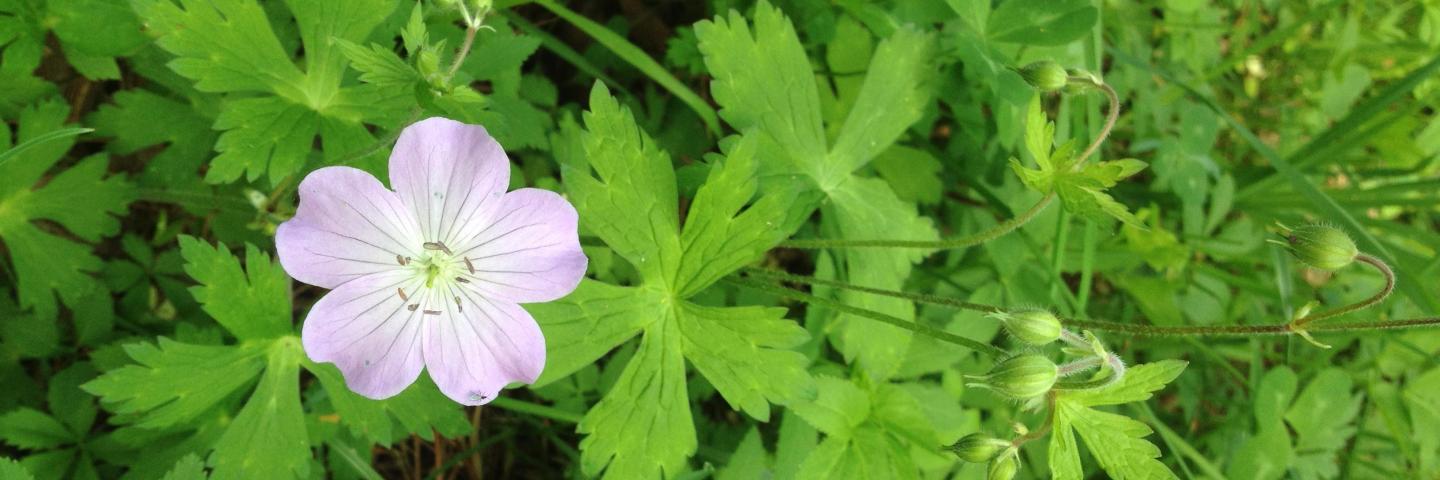What is it that creates a sensitivity and commitment to the natural world? Betty Vigneron might say that it is the chance to wander and wonder and learn as a child.
In her growing-up years in Belmont, MA, Betty had access to a rambling garden and nearby reservoir. Summers were spent in Bar Harbor, ME close to the ocean. Her mother was an avid self-taught naturalist who would point out specific plants while spending long days hiking with her children in the hilly trails of Mount Desert Island.
When Betty came to Great Barrington as a young mother in 1957, she sought out the watery habitats and natural settings that had embellished her childhood. She quickly discovered Lake Mansfield which was within easy walking distance from her home. She followed her mother’s example in raising her own sons. Betty remembers, “With three boys the best thing to do was to get them outside!” Lake Mansfield was a frequent destination and the young boys learned how to fish, swim, boat and skate there.
In 1978, building on her knowledge of childrens’ learning and her interest in the natural world, Betty began her work towards a degree in Science Education with course work at Simon’s Rock College and North Adams State College. She then went on to receive her master’s degree at the University of Massachusetts. Betty utilized her training as she developed a number of elementary and middle school study programs that got kids out of the classroom and into the outdoors.
In 2002-2003, Betty developed and coordinated the funding and implementation of the award winning Lake Mansfield Field Study Project which encouraged middle school students to explore, question, and learn about the lake habitat. Essential to the program was the inclusion of area experts who connected with the kids, sharing their enthusiasm and understanding.
Providing connections for progress was also essential to Betty’s earlier work on developing a strategy for dealing with Eurasion milfoil, a very pesky invasive that was increasingly clogging the water of Lake Mansfield. Betty had begun to work with the founding members of the first Lake Mansfield stewardship group, Lake Mansfield Association. She remembers Pat Webber saying, “Now Betty, we have to do something about these weeds!” Not long afterward she discovered an interesting article describing the success of Doctor Sally Sheldon of Middlebury College with the introduction of milfoil-eating beetles.
Betty hit the ground running. Working with Peter Webber (Executive Office of Environmental Affairs), she procured a grant that allowed this new technique to be tried at Lake Mansfield. Consequent plant assessments (most recently 2005) have demonstrated the success of this approach. Noting the significant decrease in milfoil, Limnologist, Bob Hartzl, was excited to describe the new variety of natural species that had begun to flourish as “evidence of the significant overall decline in milfoil dominance and a shift towards a more balanced and diverse native plant assemblage.” Betty’s intervention has resulted in a healthier lake habitat.
Betty Vigneron is a vibrant model of the ideals embraced by Lake Mansfield Alliance. She has worked with a modest fervor, and gotten things done. Her efforts have helped to ensure that Lake Mansfield will continue to provide a place for children to wander and wonder and learn for generations to come.
In 2016, Betty (Joan Elizabeth) Vigneron was honored by Lake Mansfield Alliance with its first Stewardship Award in recognition of her steadfast efforts towards the protection and appreciation of Lake Mansfield.

